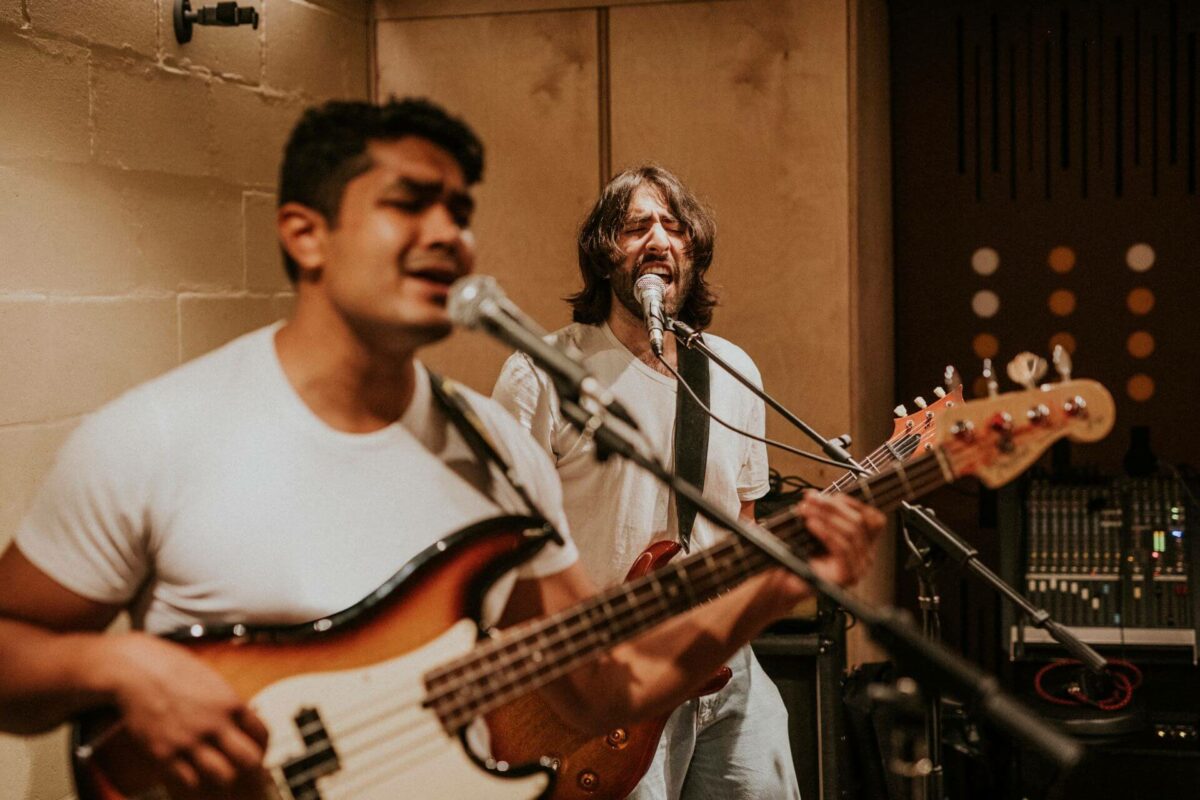- Summer Sports and Their Impact on Hearing Health - July 15, 2024
- Should You Disclose Your Hearing Loss? - July 3, 2024
- What Is the Impact of Smoking and Alcohol on Hearing? - June 25, 2024
Live events, whether they encompass the exhilaration of concerts or the electric atmosphere of sporting spectacles, provide an unparalleled chance to fully immerse oneself in the contagious energy of a fervent crowd, and to bear witness to unforgettable moments. Yet, amid the intoxicating excitement, it remains imperative to bear in mind that our sense of hearing is both delicate and susceptible to potential harm. In this analysis, we will delve into the strategies for maximizing enjoyment of concerts and high-decibel events while ensuring the safeguarding of your invaluable auditory faculty.
The Precious Sense of Hearing
Hearing stands as a remarkable sensory treasure that enriches our lives in myriad ways. It empowers us to relish the melodies of our favorite tunes, to bask in the exultant cheers of a stadium audience, and to discern the subtle nuances of conversation. Paradoxically, the very environments that deliver these captivating auditory experiences also pose a latent threat to the well-being of our auditory apparatus.
Grasping Noise-Induced Hearing Loss
Exposure to exceedingly loud sounds can culminate in the onset of noise-induced hearing loss (NIHL), an irreversible condition that is eminently preventable. This affliction transpires when the delicate hair cells situated within the inner ear – responsible for the transmission of auditory signals to the brain – incur damage or destruction owing to either prolonged or sudden exposure to amplified noises. Concerts and sporting events, characterized by their amplified volume levels, serve as prime incubators for the manifestation of such auditory detriment.
Harnessing the Protection
- Earplugs: Investing in top-tier earplugs tailored for musicians and enthusiasts of live performances is a prudent measure. These specialized earplugs effectively attenuate injurious noise levels while preserving the unaltered clarity of musical compositions or vocal discourse. Discreet, comfortable, and remarkably effective, these earplugs significantly diminish the prospect of hearing impairment.
- Noise-Canceling Headphones: Contemplating the utilization of noise-canceling headphones, engineered to actively neutralize or obstruct external auditory stimuli, is a viable option. While potentially less inconspicuous than earplugs, these headphones can offer a more immersive and encompassing experience, ensuring that auditory well-being remains uncompromised.
Cognizant Boundaries
- Prudent Listening Levels: Acquainting yourself with safe listening thresholds is imperative. An established guideline, often referred to as the “60/60 rule,” recommends maintaining the volume at 60% of its maximum capacity for no longer than 60 minutes at a stretch.
- Intermittent Respite: Grant your ears intermittent respites from the cacophonous surroundings. Seek solace in quieter zones, distanced from the amplifiers, to facilitate recuperation and restoration of auditory acuity.
The Survival Kit for Events
Prior to embarking on an eventful sojourn, it’s prudent to compile a hearing protection kit:
- Ear Wear: Stow away your premium earplugs or noise-cancellation headphones. By keeping them within arm’s reach, you serve as a constant reminder of the priority bestowed upon your auditory well-being.
- Hydration: Adequate hydration is pivotal, as it not only prevents fatigue but also mitigates the risk of temporary threshold shifts, wherein auditory sensitivity experiences transient diminishment following exposure to amplified sounds.
- Sharing of Knowledge: Disseminate the significance of hearing protection among your comrades and companions. The act of sharing knowledge engenders a culture of heightened consciousness regarding auditory health.
Auditory Wellness Post-Event
- Introspection of Experience: Following the event’s conclusion, take a moment to reflect upon your auditory experience. Did you detect any instances of ringing in your ears or sensations of fullness? These might serve as indicators of transitory damage.
- Hearing Check-Up: Consider scheduling an auditory check-up with a healthcare professional, particularly if attendance at amplified events is a routine affair. Early detection of auditory impairment facilitates timely and efficacious intervention.
Awareness of Auditory Health
- Advocacy for Ear-Friendly Environments: Advocate for the implementation of sound management measures, encompassing sound barriers and volume controls, by event organizers to foster secure auditory realms.
- Setting the Bar: By demonstrating that one can revel in events while concurrently safeguarding auditory integrity, you set a commendable precedent. Your actions have the potential to galvanize others into emulation.
Final Thoughts
The excitement derived from participating in live events constitutes an integral facet of life’s overarching panorama. By adopting judicious auditory practices and seamlessly integrating hearing protection protocols into the fabric of our event experiences, we can unreservedly relish these cherished moments devoid of any compromise to our invaluable auditory acumen. Be reminded that responsible indulgence not only shields auditory well-being but also serves as a luminous beacon for generations to come. Thus, equip yourself with auditory safeguards, bask in the prevailing ambiance, and surrender to the enchantment of live events devoid of any hesitancy.
We hope you found this article useful and informative. If you have any other questions or would like to schedule your next checkup, please contact us. Our friendly team of hearing health professionals are ready to assist you.

